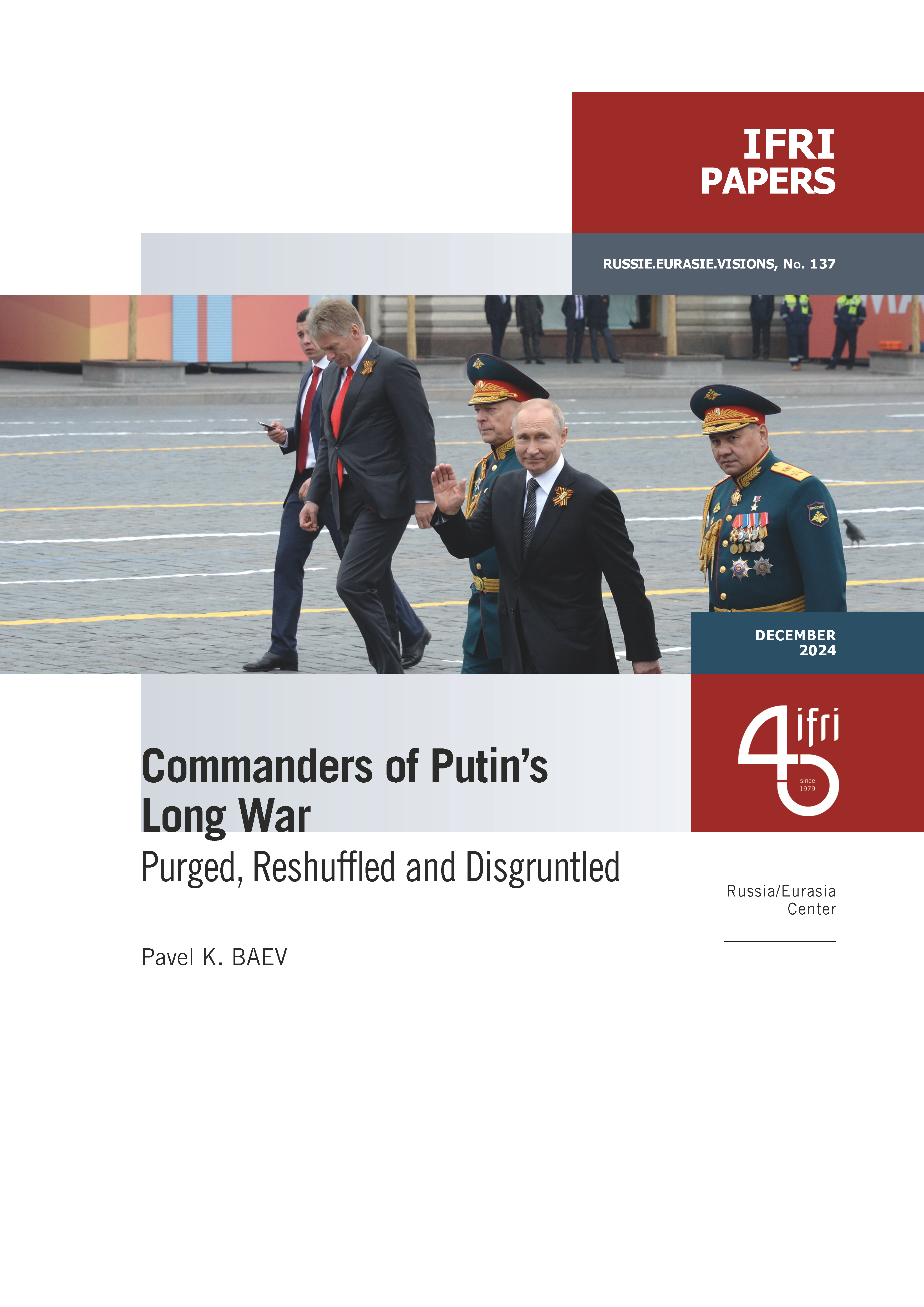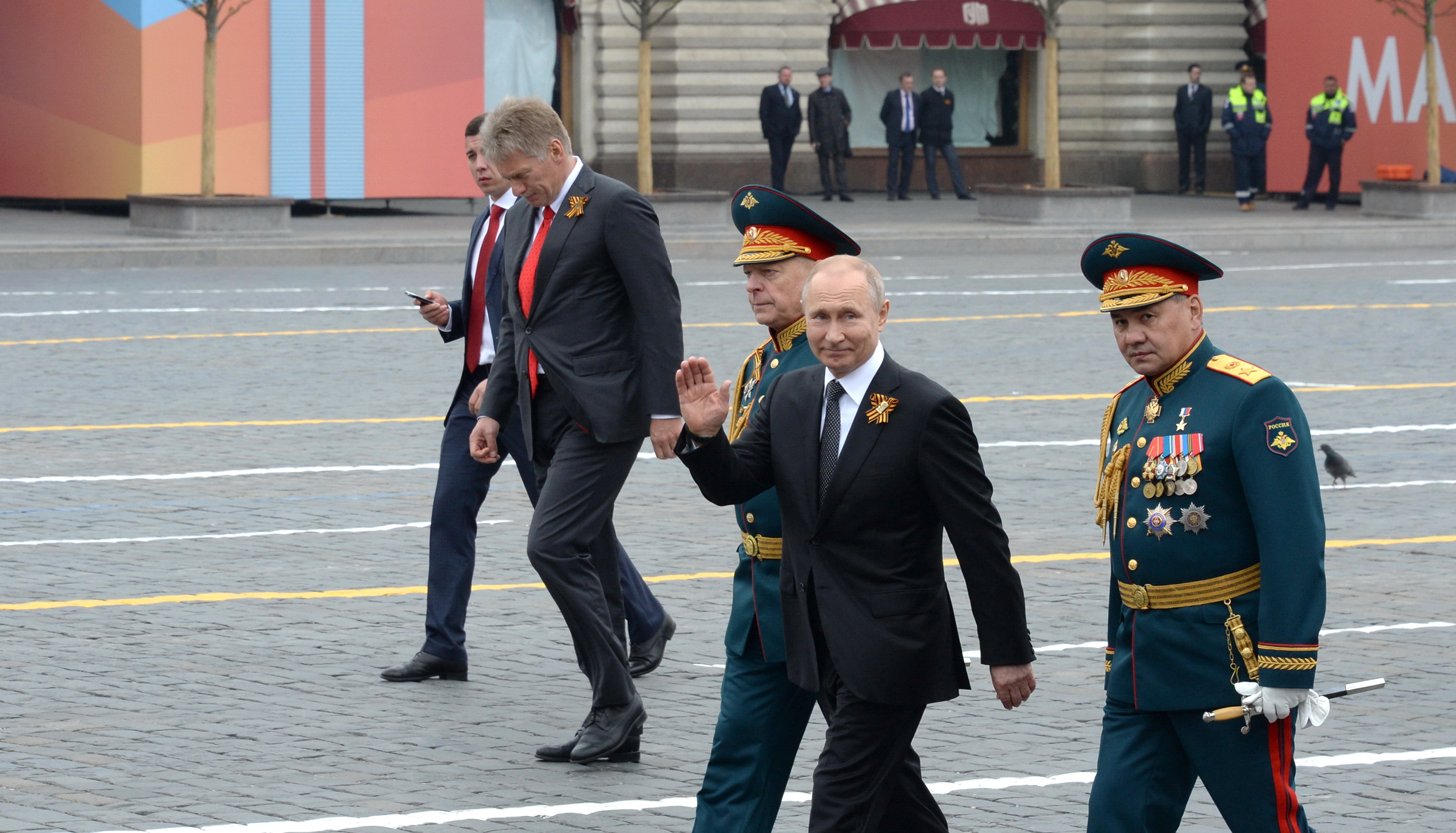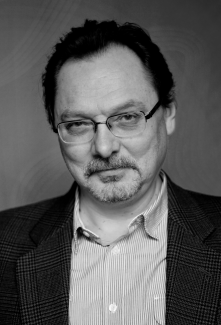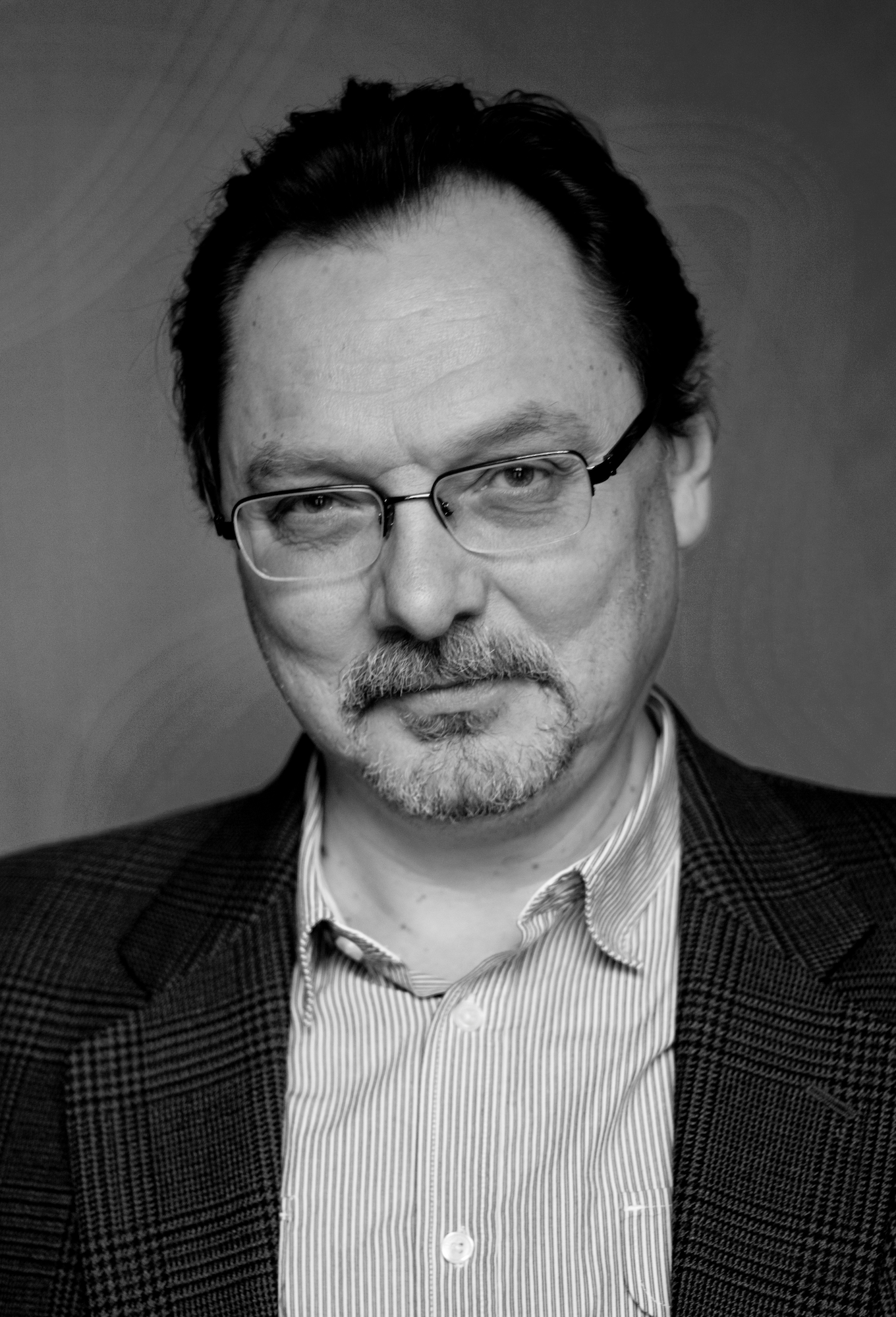Commanders of Putin's Long War: Purged, Reshuffled and Disgruntled

The trend of reshuffling the Russian top military command in the course of a fast-evolving and far from successful war has progressed unevenly both across the Armed Forces’ structures and in time. The rationale for and timing of the abrupt cadre decisions made by Commander-in-Chief Putin often defy logical explanation, and the rare official clarifications are no more informative than the usual information blackout.

Putin typically prioritizes loyalty over competence, which makes the command structure incapable of addressing sudden shifts in the combat environment. The recent profound shake-up of and purges in the Defense Ministry have resulted in a serious bureaucratic disorganization of this structure that is crucial for sustaining the war effort. The lack of any changes in the General Staff weakens the ability to learn from experience and compromises the authority of the high command. Angst and anger among the fighting generals caused by the ineptness of the high command is a major source of political risk, which Putin can neither ignore nor properly address.
Dr. Pavel K. Baev is an Associate Research Fellow at Ifri’s Russia/Eurasia Center, a Researcher and Professor at the Peace Research Institute, Oslo (PRIO), and a Senior Non-Resident Fellow at the Brookings Institution. After graduating from Moscow State University (MA in Political Geography, 1979), he worked in a research institute of the USSR Ministry of Defense, received a PhD in International Relations from the Institute for US and Canadian Studies, USSR Academy of Sciences (1988), and then worked for the Institute of Europe, Moscow. He joined PRIO in October 1992. He writes a weekly column for the Jamestown Foundation’s Eurasia Daily Monitor.

Available in:
Themes and regions
ISBN / ISSN
Share
Download the full analysis
This page contains only a summary of our work. If you would like to have access to all the information from our research on the subject, you can download the full version in PDF format.
Commanders of Putin's Long War: Purged, Reshuffled and Disgruntled
Related centers and programs
Discover our other research centers and programsFind out more
Discover all our analysesDeathonomics: The Social, Political, and Economic Costs of War in Russia
The report attempts to outline and examine a truly new phenomenon in Russian society, dubbed “deathonomics”—the making of a mercenary army against the backdrop of the Kremlin’s war in Ukraine, eventually replacing both the Soviet (conscript) and early new Russian (contract) armies. It notes that, by the end of 2023, this trend had turned the military service into one of the highest-paying professions in the country, something not seen in Russia on such a scale since the late 17th century.
Russia's Asia Strategy: Bolstering the Eagle's Eastern Wing
Among Russia’s strategic priorities, Asia traditionally played a secondary role compared to the West. In the mid-1990s, then Foreign Minister Yevgeny Primakov initiated a rapprochement with China and India. Then, in 2014, deteriorating relations between Russia and the West prompted Moscow to begin its “great pivot to the East”.
Kazakhstan After the Double Shock of 2022: Political, Economic and Military Consequences
The year 2022 represented a dual shock for Kazakhstan. In January, the country faced its most severe political crisis since independence, followed in February by Russia’s full-scale invasion of Ukraine, which cast uncertainty over the borders of post-Soviet states. These consecutive crises profoundly shaped Kazakhstan’s domestic and foreign policy.

How the Russian Army Changed its Concept of War, 1993-2022
The traditional and high-intensity war that has occurred in Ukraine since Russia decided to invade raises a key issue: did post-soviet Russian strategic thought really prepare Russia for waging this war?











